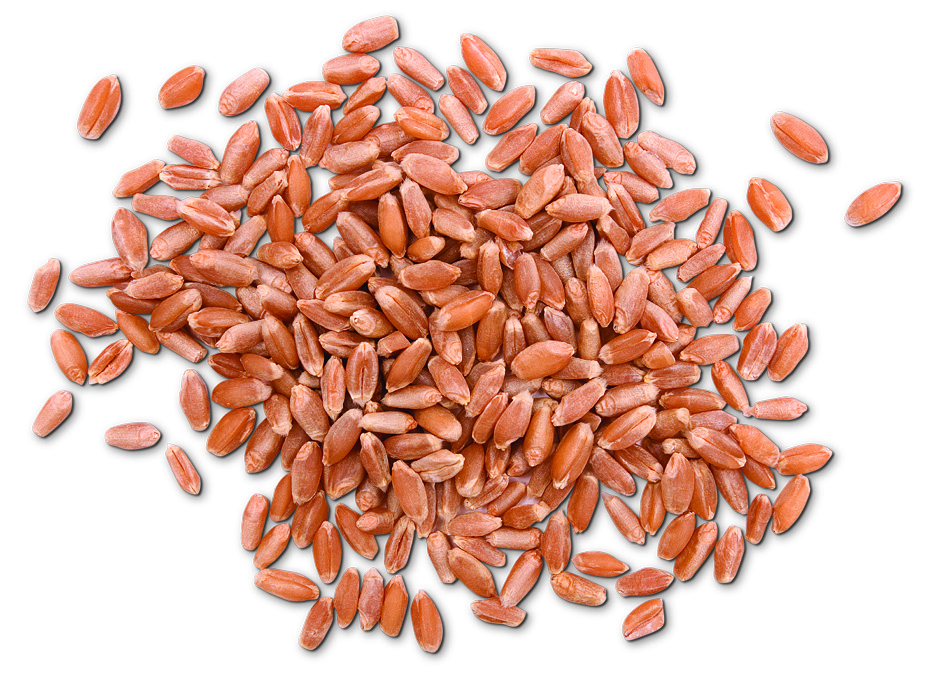Declaration of eligibility
CHANGES IN EASTERN CANADA

ONTARIO GRAIN FARMERS may see changes when they deliver grain this summer as new Canada Grain Act requirements come into effect. Starting July 1, 2022, eastern Canadian grain producers will have to sign a declaration of eligibility for certain grains when delivering directly to federally regulated terminal elevators.
As table 1 indicates, only grains subject to variety registration based on quality considerations will require a declaration. For example, a declaration will not be required for larger volume grains like corn and soybeans, while it will be required for wheat and other cereal grains. Declarations support Canada’s commitment to allow U.S.-grown grain to receive an official grade under the Canada-United States-Mexico Agreement (CUSMA). By confirming that the variety delivered, bought, and sold is eligible for the kind of grain and class (if applicable), they help to preserve the integrity of the Canadian grain quality system. Declarations are a way to assure the dependability and quality of grain at entry into the Canadian licensed grain handling system. The availability of reliable information helps ensure that producers receive the grain grade and payment for which they’re eligible. American producers who deliver grain in Canada will have the same obligations as Canadian producers.
| Declaration required | Declaration not required | |
| barley, beans, buckwheat, canola, fababeans, flaxseed, lentils, mustard seed, oats, peas, rapeseed, rye, triticale, wheat (including durum) | canary seed, chickpeas, corn, safflower, soybeans (food grade), soybeans (oilseed), sunflower |
“The declaration supports Canada’s quality assurance system while meeting our commitments under CUSMA,” says Doug Chorney, chief commissioner of the Canadian Grain Commission (CGC).
In consultation with stakeholders across the country, the CGC has also worked to implement declarations to allow for flexible administration and minimize additional paperwork.
“We have simplified the declaration requirement to be more targeted and only apply to those grains where registration includes quality factors,” says Patty Rosher, assistant chief commissioner.
IMPACT ON EASTERN PRODUCERS
As of July 1, 2022, all Canadian producers must complete a declaration of eligibility: at least once per year; at each CGC-licensed facility receiving a delivery and; for any grains where a declaration is required.
Although this change only directly impacts federally regulated grain handling facilities, like terminal elevators, country elevators in eastern Canada may choose to implement a declaration of eligibility of their own to support the grain quality assurance system. Producers should consult their local grain elevator for more information.
“We encourage producers to contact the grain companies they do business with to find out if they need to sign declarations,” says Ron Campbell, operations and member services manager at the Ontario Agri Business Association. “It’s important that producers are knowledgeable about the varieties they are growing and that they’re prepared to sign the declarations at delivery to ensure a smooth process.”
If a producer has unknowingly made a false declaration under the statutory declaration requirements, the producer should contact the CGC. In some cases, the CGC may perform varietal testing on a sample of the grain delivery in question to determine its eligibility as part of its investigation.
HOW WE GOT HERE
On November 30, 2018, Canada, the United States, and Mexico signed an agreement to replace the North American Free Trade Agreement (NAFTA) with the CUSMA. All Canadian obligations under CUSMA came into force on July 1, 2020. The CGC implemented the declaration of eligibility form for the 2020-2021 crop year in western Canada.
Because delivery declarations had not previously been used in eastern Canada, the CGC granted exemptions from the declaration requirement in eastern Canada for the 2020-2021 and 2021-2022 crop years.
Originally, the declaration of eligibility applied to all grains grown in Canada listed in the Canada Grain Act. After consultations with stakeholders, the CGC is changing the declaration requirements to only include grains in the Canada Grain Act that are subject to variety registration based on quality considerations (see table 1).
“Over the past two years, we’ve advocated on behalf of producers in eastern Canada to ensure that any proposed declaration of eligibility won’t impose administrative burdens at delivery,” says Crosby Devitt, CEO, Grain Farmers of Ontario.
HAVE QUESTIONS OR NEED HELP?
More information on delivery declarations of eligibility is available on the CGC website at www.grainscanada.gc.ca.
If you have any other questions about the declaration of eligibility requirements in Canada, please contact Derek Bunkowsky, chief grain inspector for Canada, at 204-297-8541 or 204-983-2780 or at derek.bunkowsky@grainscanada.gc.ca. •


























